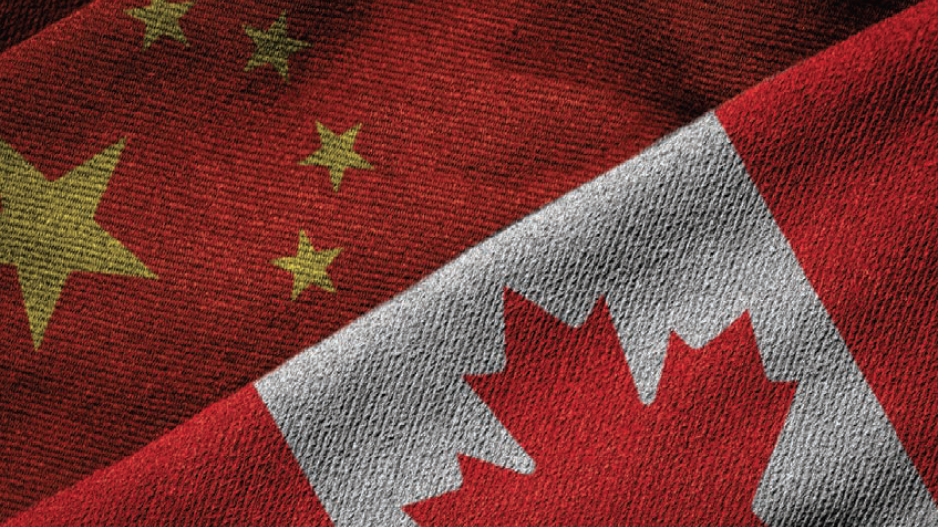China has “very grave” problems with the imposition of the death penalty, says a Canadian lawyer who fought the extradition of China’s most wanted man a decade ago.
David Matas’ comments come the day after B.C.’s Robert Lloyd Schellenberg, 36, was sentenced to death for drug trafficking in China. The original sentence was 15 years in prison.
“Robert Lloyd Schellenberg of course should not be executed,” Matas said. “But neither should any of the thousands of Chinese who are executed each year. The problem here is China, not Canada.”
Matas headed the legal team for Lai Changxing, whose extradition on corruption charges China won in 2011 after years of court proceedings. A key point in the success of that extradition was a 2001 diplomatic note from China’s then-president Jiang Zemin to former prime minister Jean Chretien with assurances that Changxing would not be executed if returned to China.
The Winnipeg-based lawyer noted China does not publish death penalty statistics but he said unofficial estimates indicate it executes three times the number of people executed in the rest of the world’s countries combined.
Now, translated Chinese documents show the Dalian Intermediate People’s Court in China’s northeast province of Liaoning imposed a death sentence after changing Schellenberg’s conviction as an accessory to trafficking to one of being a participant in the crime.
Chinese law requires all death sentences to be approved by the Supreme People’s Court.
“However, 85 to 90% of death penalty sentences are upheld on appeal,” Matas said.
Schellenberg’s original conviction came before the arrest in Vancouver of telecommunications giant Huawei’s chief financial officer Meng Wanzhou was detained Dec. 1 at Vancouver International Airport, where Canadian police acted on a provisional arrest warrant from the United States under an extradition treaty between countries.
Meng was released on bail of $10 million in cash and sureties Dec. 11 in Vancouver as she awaits possible extradition to the United States. The case could take years to resolve.
Meng is accused of conspiracy to defraud multiple international financial institutions in relation to international sanction violations. She’s the daughter of Huawei founder Ren Zhengfei.
Beijing has decried the arrest, accusing Canada of kidnapping, violating the rule of law
Since Meng’s arrest, two other Canadians – former diplomat Michael Kovrig and businessman Michael Spavor – have been arrested in China.
However, it is the threat of Schellenberg’s death sentence in the wake of Meng’s arrest that has drawn further worldwide attention to the situation.
And, it has increased the rhetoric on both sides, with China accusing Canada of not abiding by the rule of law in Meng’s case and Prime Minister Justin Trudeau calling the death sentence “arbitrary.”
Matas, however, sees a bigger picture, saying Canada should assist Schellenberg but also use the situation to highlight China’s use of the death penalty.
Email reporter at [email protected]




